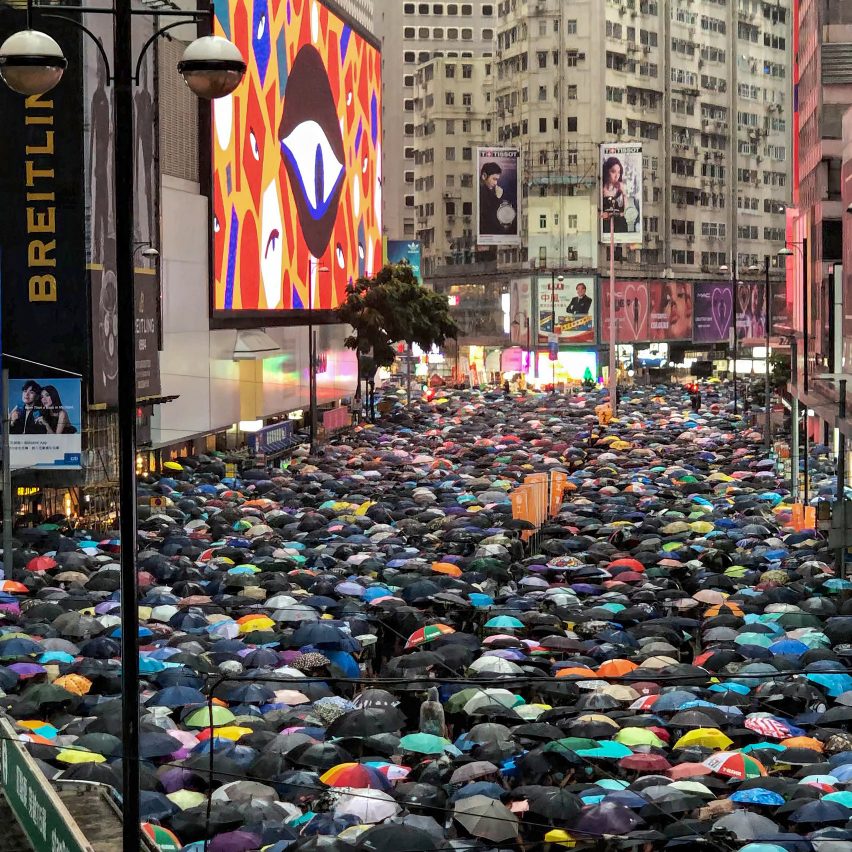"Facial recognition is a fundamental threat to society"

The use of facial recognition in Hong Kong and London's King's Cross demonstrates the need to control access to the technology in the same way other dangerous items are regulated, says Owen Hopkins.
For the past few months I've been transfixed by the protests taking place in Hong Kong, and the way, as so often happens, a protest sparked by one particular issue ? an extradition law to the mainland ? has turned into broader demand for freedom and human rights.
It's an age-old struggle, but at the same time entirely bound to the political and ? critically ? technological circumstances of the present. This has been symbolised by the images of protestors pulling down lampposts ? on the surface an act of petty vandalism until one learns that these lampposts carry facial recognition cameras, which are an increasingly important weapon in the state's armoury to track and ultimately control its citizens. Coincidentally facial recognition technology and its deployment in urban spaces has also been in the news in London. There, the private owner of the recently redeveloped 67-acre, 50-building site just north of King's Cross Station was found to be using the technology to track pedestrians. For many observers, this was yet another indictment of the ongoing privatisation of formerly public spaces across the city.
In whoever's hands it ends up, it seems it can only be used in way that invades our privacy ? and ultimately our freedom ? without our consent
The common denominator of these...
| -------------------------------- |
| Hay, Sonos and WeWork display living and work environments at Milanese palazzo |
|
|
Villa M by Pierattelli Architetture Modernizes 1950s Florence Estate
31-10-2024 07:22 - (
Architecture )
Kent Avenue Penthouse Merges Industrial and Minimalist Styles
31-10-2024 07:22 - (
Architecture )






